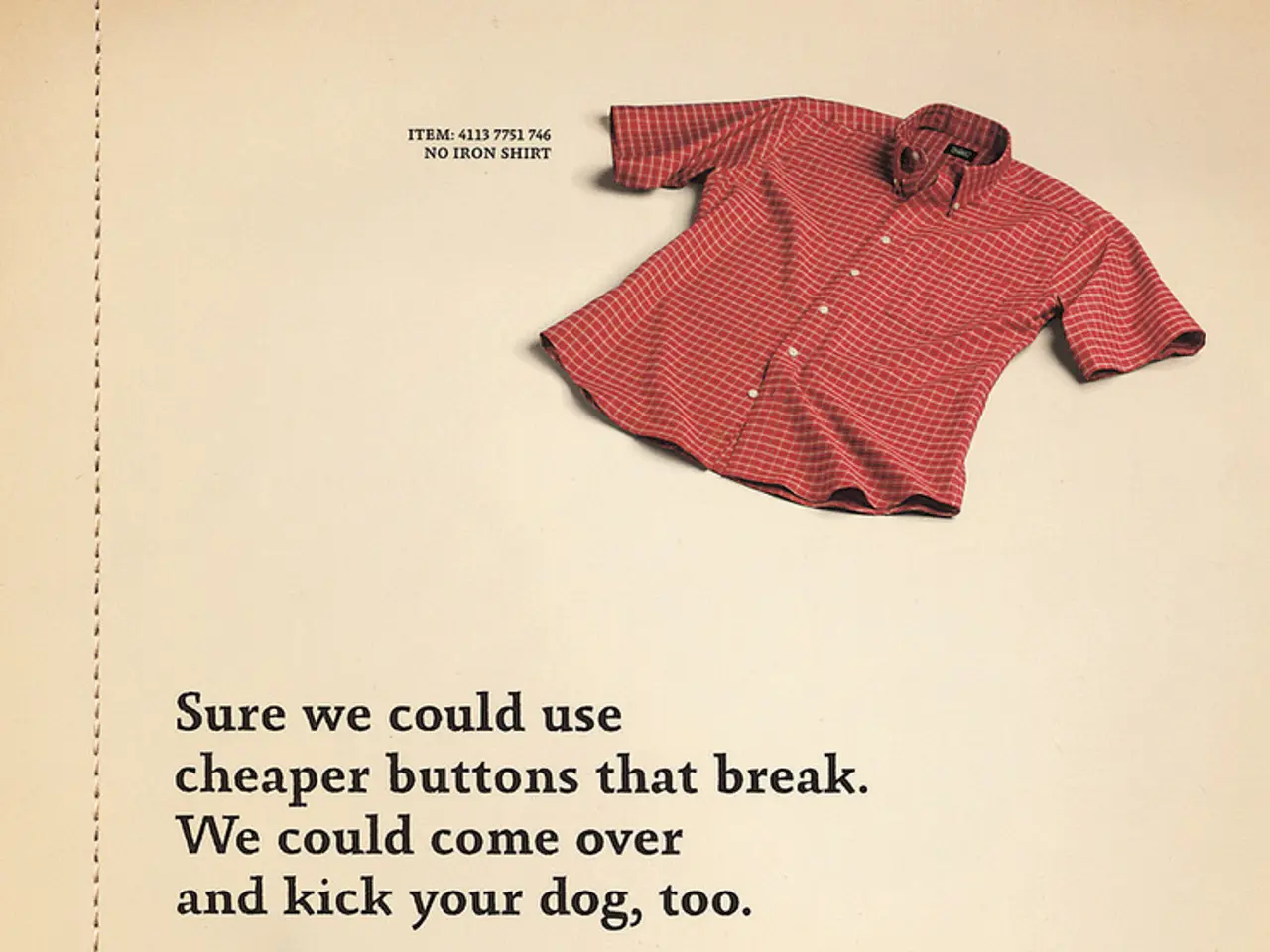Easy-to-Follow User Interface Guidelines
==================================================================
In today's digital age, a user-friendly website is crucial for attracting and retaining visitors. Here are some small yet impactful changes you can make to improve your website's usability, even with limited time and budget.
Clear and Distinct Buttons and Calls to Action
Make your buttons and calls to action (CTAs) clear and visually distinct. Use action-oriented text like "Get Started" or "Book a Free Consultation" to guide users effectively. This simple change can significantly improve the user experience and increase conversion rates.
Optimization for Mobile Devices
With more and more users accessing websites on mobile devices, it's essential to ensure your site looks good and functions smoothly on phones and tablets. Use tap-friendly buttons, readable text without zooming, and simple mobile menus to reduce user frustration.
Speed Up Page Load Time
Slow loading times can cause quick bounces, leading to lost opportunities. To keep users engaged, focus on speeding up your page load time. This can be achieved by optimising images, minifying code, and leveraging browser caching.
Simplify Navigation
Limit your menu options to the most important items (ideally five or fewer) and use visible, intuitive links or menus. This ensures users never feel lost on your site and can easily find what they are looking for.
Enhance Content Readability and Accessibility
Improve the readability and accessibility of your content by using clear headings, sufficient color contrast, alt text for images, and captioned videos. This benefits not only users with disabilities but all visitors, making your site more inclusive and user-friendly.
Consider a Sticky Navigation Bar
A sticky navigation bar that stays visible as users scroll can improve the ease of movement around your site without extra scrolling. This feature can be particularly useful for long pages or complex sites.
Test Regularly and Incorporate User Feedback
Test your site on various devices frequently and incorporate user feedback to identify and fix usability obstacles quickly. This proactive approach will help you maintain a user-friendly site and improve overall user satisfaction.
A survey by Jakob Nielsen found that less than a quarter of first-time visitors engage the scroll functionality on a webpage, meaning that more than three-quarters never scroll down. To maximise impact, place the most important content above the fold, as this is the area visible without scrolling. By implementing these recommendations, you can prioritise changes that require minimal resources but deliver large improvements in user satisfaction and retention.
Read also:
- 17 Tech Gadgets and Add-Ons Permanently Taking Up Space in My Mental Realm
- 2022 Feature on our site: Leading U.S. Computer and Electronic Equipment Manufacturers (Presented in a Slideshow)
- Rush to Acquire These 21 Tech Items at Reduced Prices and Bolster Your Home Work Efficiency
- Streamlined Methods for Sharing Digital Files Among Corporate Entities








